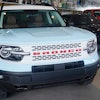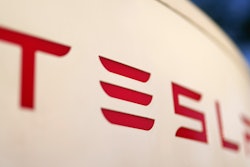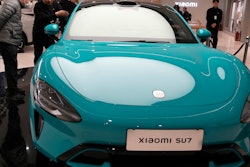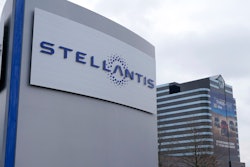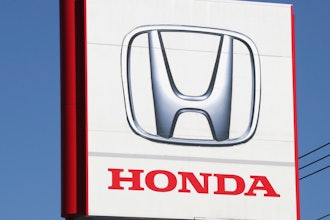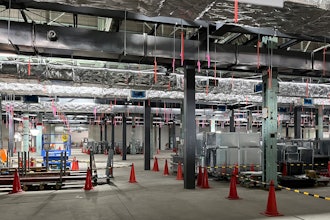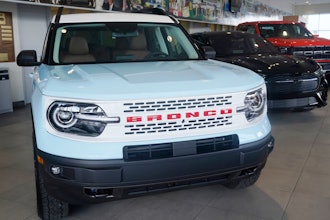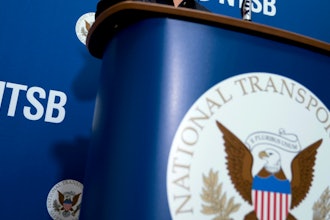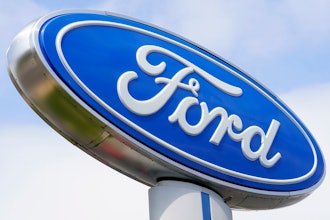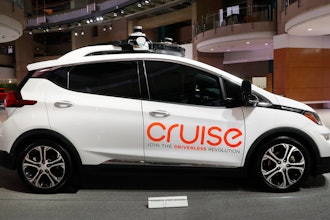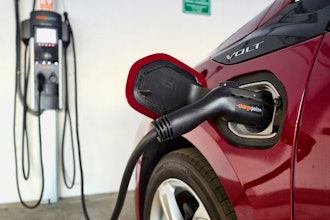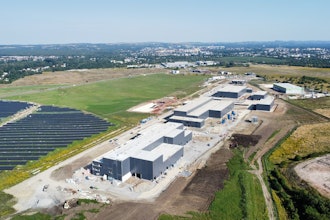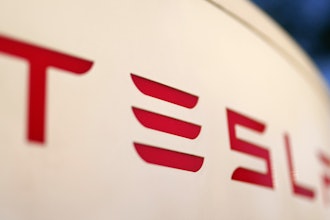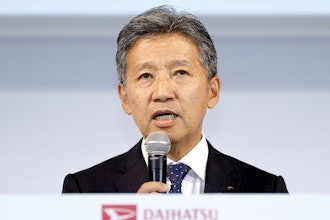Korean automakers Hyundai and Kia will pay the U.S. government a $100 million civil penalty to end a two-year investigation into overstated gas mileage figures on window stickers of 13 models.
The penalty, announced Monday by the Justice Department and Environmental Protection Agency, could serve as a precedent for other automakers who violate the Clean Air Act.
Also as part of the settlement, Hyundai-Kia must audit test results on current models, and it must set up an independent group to certify future test results, at a cost of around $50 million. And they must give up greenhouse gas credits worth more than $200 million. The credits could have been sold to other automakers who aren't meeting emissions standards.
"Businesses that play by the rules shouldn't have to compete with those breaking the law," EPA Administrator Gina McCarthy said in a statement. "This settlement upholds the integrity of the nation's fuel economy and greenhouse gas programs."
The companies, which are both owned by Hyundai and generally sell different versions of the same models, denied allegations that they violated the law. Hyundai blamed the inflated mileage on honest misinterpretation of the EPA's complex rules governing testing. Both companies said they are paying the penalties — $56.8 million for Hyundai and $43.2 million for Kia — to end the probe and potential litigation.
All automakers do their own mileage tests based on EPA guidelines, and the agency does audits to make sure they are accurate. In the past two years, the EPA has stepped up audits of automaker tests. Just two weeks ago, the agency told BMW to cut mileage estimates on four of its Mini Cooper models. Ford and Mercedes-Benz also had to cut numbers on their window stickers.
In November of 2012, the EPA ordered Hyundai and Kia to redo the window stickers on cars that made up about one-third of their model lineup. Generally, gas mileage was overstated by one or two miles per gallon. But the EPA's tests found the highway mileage of one vehicle, the boxy Kia Soul, was 6 mpg too high. Both automakers started a program to reimburse automakers for the difference between their mileage tests and the EPA's lower numbers.
The EPA and Justice, in an agreement filed in federal court, clearly said the automakers violated the law. But the agencies said they reached the agreement because it was fair and in the public interest. The government alleged that testing by Hyundai and Kia had "numerous elements" that led to inaccurate gas mileage. The companies, the agencies said, "chose favorable results rather than average results from a large number of tests."
But in a statement, Hyundai blamed the problem on the EPA's regulations, even producing a video to show how the discrepancies occurred.
The company explains that some EPA mileage tests are done on a dynamometer, which is a treadmill for cars. To calculate wind drag, friction in the engine and transmission, and tire rolling resistance, automakers do tests on a track, measuring how long it takes for cars to "coast down" to a stop. That test yields a "road load" number that is programmed into the dynamometer.
But Hyundai said automaker interpretations of the tests vary because regulations don't specify exactly how to do the tests, and automakers are told to use "good engineering judgment" to fill in the gaps. Tire rolling resistance, engine warm-up, winds and other factors can vary between EPA tests and those done by automakers, the company said.
"It was our regulatory interpretation within this broad latitude that was responsible for the ratings restatement," spokesman Jim Trainor said.



